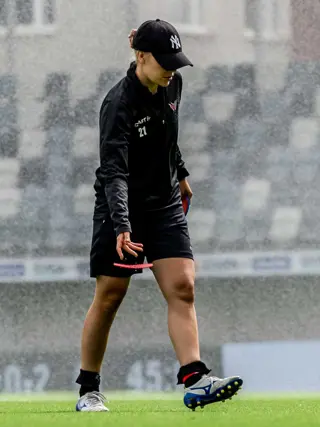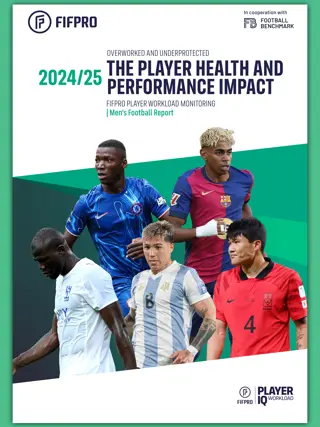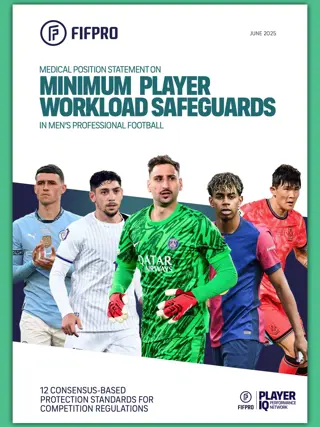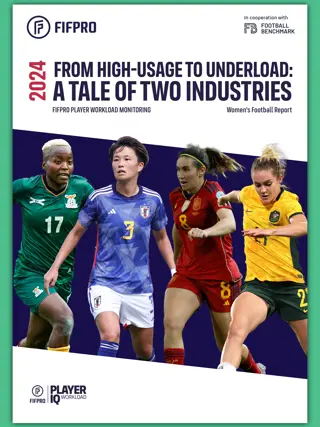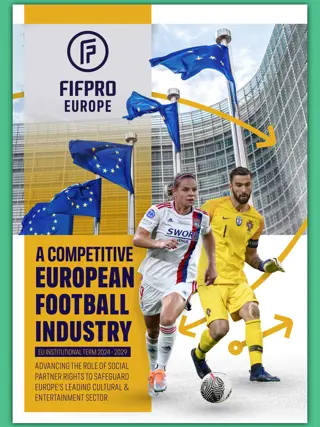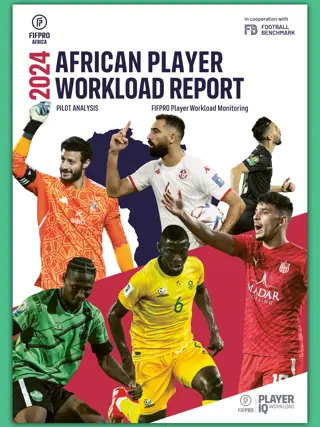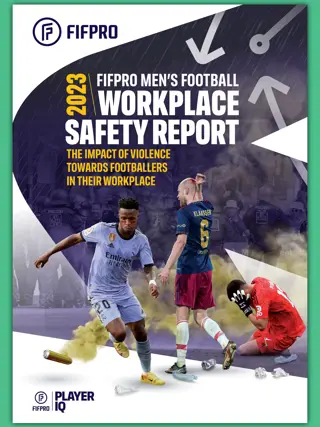How We Support Players
Power of the Collective
Joining a player union unlocks many benefits for professional footballers. Through the collective of FIFPRO’s 70 affiliated player unions, men’s and women’s players around the world are able to stand together with one common voice – supporting each other to push for positive change in their industry.
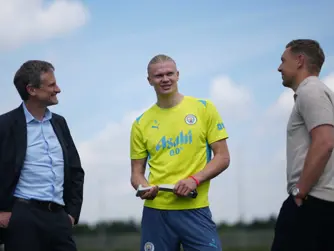
How FIFPRO and Player Unions Help Footballers
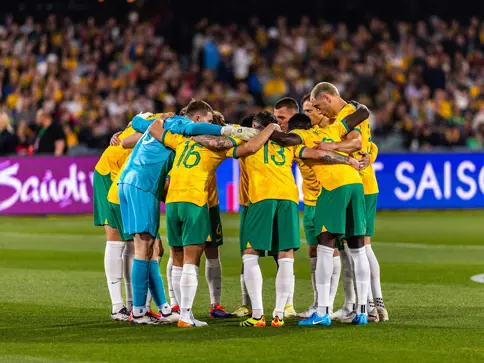

The core objective of a Collective Bargaining Agreement (CBA) is to clearly define rules around working conditions, ensuring all terms of employment adhere to the same fair standard across the industry.

Player unions are on hand to support footballers when it comes to navigating contracts and any issues that may arise.

FIFPRO and player unions offer courses for players to develop skills beyond football.

No player should have to consider pregnancy as a career-ending condition. Understand your rights.

The health and safety of players is of paramount importance to FIFPRO and national unions.

Your national union is always on hand to lend legal advice. Learn how footballers can defend their rights.

From tracking player workload to being at the forefront of performance technology, Player IQ is football's player-centric knowledge centre.

The congested match calendar and dangerous workload of elite-level players is putting players' health and career at risk.
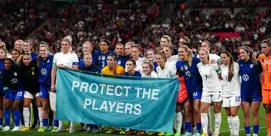
Like any other worker, footballers should be allowed to thrive in an environment free of violence, sexual assault and discrimination.
Ruben Dias and Alessia Russo on why player unions matter
Lucy Staniforth on importance of player unions
Drake Football Study
Join Your National Player Association Today
Joining a player union unlocks many benefits for professional footballers. Through the power of the collective via 70 national player associations, men’s and women’s footballers around the world can stand together with one common voice – supporting each other to push for positive change in their industry.






